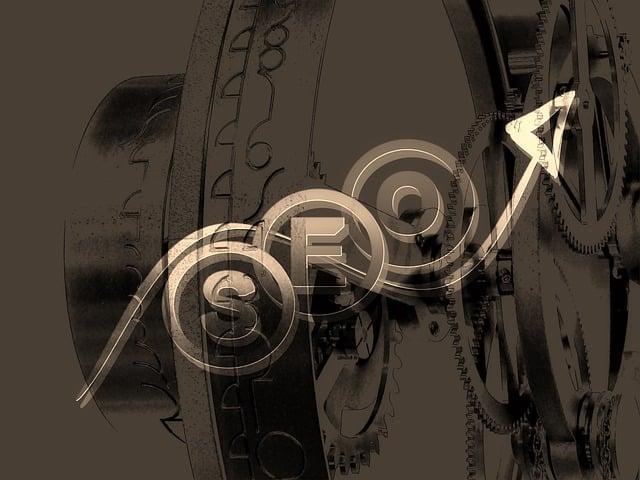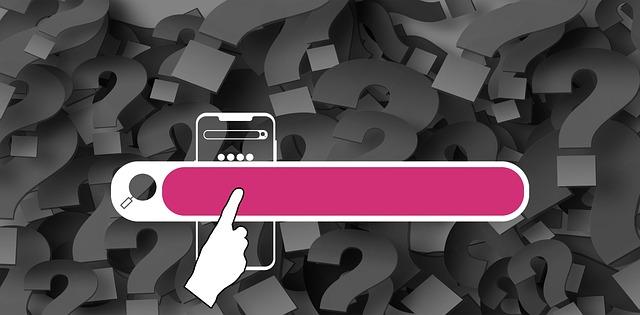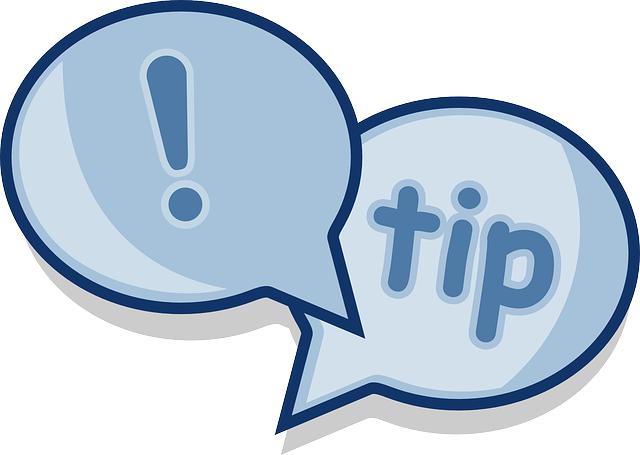- Introduction
- Top 10 Free Online Plagiarism Checkers
- Benefits of Using Plagiarism Checkers
- How to Choose a Plagiarism Checker
- Tips for Avoiding Plagiarism
- Conclusion
- FAQs
Introduction
In an age where information is abundant and easily accessible, ensuring the originality of your work has never been more crucial. For students, writers, and professionals alike, plagiarism can have significant consequences, be it in academia or the professional realm. This article aims to provide you with an ultimate guide to some of the best free online plagiarism checkers available today. We'll explore their features, benefits, and how to effectively choose one that suits your needs. Moreover, we will share tips on avoiding plagiarism altogether, giving you a comprehensive understanding of this critical issue.
Throughout this article, you’ll learn about the top 10 free plagiarism checkers, their functionalities, and how they can help maintain the integrity of your work. We’ll delve into the benefits these tools offer, criteria for choosing the right checker for you, and practical suggestions to prevent plagiarism from occurring in the first place. Whether you're a student working on an essay, an author drafting a new manuscript, or a professional preparing a report, this guide will arm you with the knowledge needed to protect your work.
Top 10 Free Online Plagiarism Checkers
With numerous plagiarism checkers available, picking the right one can feel daunting. Here's a comprehensive list of the top 10 free online plagiarism checkers that promise reliable results:
1. Grammarly
Grammarly is not only known for grammar checking but also offers a robust plagiarism detection feature. It scans billions of web pages and academic papers to ensure your content is original.

(Image: Pixabay/@No-longer-here)
2. Turnitin
Often used by educational institutions, Turnitin ensures that submissions are original. While it’s typically a paid service, some institutions allow students free access through their portals.

(Image: Pixabay/@OpenClipart-Vectors)
3. Quetext
Quetext provides a straightforward interface for plagiarism detection. The tool includes DeepSearch technology that examines text deeply, offering high accuracy rates.

(Image: Pixabay/@Clker-Free-Vector-Images)
4. Small SEO Tools
This popular tool allows for quick checks on content for plagiarism. With its effective algorithm, it can analyze large amounts of text very swiftly.

(Image: Pixabay/@ASPhotohrapy)
5. PaperRater
PaperRater combines advanced grammar checking with plagiarism detection, making it an all-in-one tool for writers. Its unique algorithms make it popular among students.

(Image: Pixabay/@OpenClipart-Vectors)
6. Plagscan
Plagscan is trusted by several institutions and individuals. It provides detailed reports, indicating where potential plagiarism may exist in your writing.

(Image: Pixabay/@FlanellKamerasFilm)
7. DupliChecker
This easy-to-use tool offers a free plagiarism check that allows users to copy-paste text or upload documents for review, helping foster original content.

(Image: Pixabay/@FlanellKamerasFilm)
8. Search Engine Reports
Search Engine Reports’ plagiarism checker is known for its remarkable speed and effectiveness, checking text against millions of sites on the web for originality.

(Image: Pixabay/@geralt)
9. Plagiarism Checker by Search Engine Journal
This tool provides deep scans and checks for duplication across various sources, proving invaluable for writers who require accuracy in their submissions.

(Image: Pixabay/@geralt)
10. Plagiarism Detector Pro
Offering a robust set of features, this plagiarism checker enables users to quickly test their work against a vast database to ensure originality.

(Image: Pixabay/@Deniz_Turgut)
Benefits of Using Plagiarism Checkers
Utilizing a plagiarism checker has several distinct advantages:
1. Ensures Originality
By identifying potential instances of plagiarism, these tools help writers produce work that is original and credit the right sources accurately. This helps to build credibility, whether in academic assignments or professional documentation.
2. Improves Writing Skills
Using a plagiarism checker aids in improving overall writing skills. Writers become more aware of proper citation practices and develop a deeper understanding of paraphrasing content vs. copying it directly.
3. Saves Time
A manual review to check for plagiarism can be exhausting and time-consuming. With the automation offered by these tools, writers can save considerable time, allowing them to focus on the overall quality of their writing.
4. Reduces Academic Consequences
Academic institutions take plagiarism seriously, often resulting in severe penalties. By using plagiarism checkers, students can preemptively identify issues before submission, thereby reducing the risks of facing sanctions.

(Image: Pixabay/@geralt)
How to Choose a Plagiarism Checker
Selecting the right plagiarism checker involves considering several factors:
1. Accuracy
The foremost factor is accuracy; a good plagiarism checker should detect even the subtle nuances of copied content, ensuring comprehensive analysis.
2. Database Size
A broader database means better coverage. Some tools only check a limited number of websites, whereas others scan across academic journals, publications, and the entire web.
3. Usability
The interface should be user-friendly, allowing even novice users to navigate efficiently without any complications. This is vital to achieve effective results quickly.
4. Cost
While we focus on free plagiarism checkers in this guide, it's worth considering what premium services offer if you require more extensive features. Always evaluate if the additional cost justifies the benefit provided.

(Image: Pixabay/@Clker-Free-Vector-Images)
Tips for Avoiding Plagiarism
Taking proactive steps to avoid plagiarism is equally as important as checking for it:
1. Understand Different Types of Plagiarism
Knowledge of the varying forms of plagiarism, including direct theft, self-plagiarism, and mosaic plagiarism, can help writers stay informed and vigilant.
2. Proper Citation
Always follow the required citation rules for your discipline. Different fields follow various citation styles (APA, MLA, Chicago, etc.), so know which applies to your writing.
3. Paraphrase Effectively
When using someone else's ideas, integrate them into your work by paraphrasing rather than quoting directly. Ensure that the rewritten content maintains the original meaning.
4. Keep Track of Sources
As you research, maintain organized notes that include sources, quotations, and page numbers. This makes it easier to reference when writing and paves the way for smooth citations.

(Image: Pixabay/@OpenClipart-Vectors)
Conclusion
In conclusion, preventing and checking for plagiarism is vital in maintaining the integrity of your work, especially in a landscape filled with easily accessible information. The above-listed free online plagiarism checkers provide effective tools to combat plagiarism while enhancing your writing skills. Understanding the core benefits of these checkers will help you establish a consistent approach to originality in your projects.
Additionally, knowing the tips to avoid plagiarism helps cultivate a responsible writing culture, aiding in the improvement of overall literacy and intellectual honesty. By combining the insights from this article, individuals can effectively create original content while ensuring that they adhere to ethical standards of citation.
FAQs
What is plagiarism?
Plagiarism is the act of using someone else's work, ideas, or intellectual property without proper acknowledgment, presenting it as your own. This can occur intentionally or unintentionally.
Are there any limitations to free plagiarism checkers?
Yes, free plagiarism checkers may have limitations in terms of the depth of analysis, database size, or the number of uses allowed in a specific timeframe. However, they can still provide valuable insights into potential issues in writing.
Can plagiarism checkers detect all types of plagiarism?
While many plagiarism checkers are quite effective, they may not capture every instance of plagiarism, such as paraphrased ideas or concepts without proper credit. Comprehensive manuals and awareness of proper practices must accompany these tools.
Is plagiarism checker usage ethical?
Using plagiarism checkers is entirely ethical, as they serve as preventative tools to ensure originality and uphold academic and professional standards.
